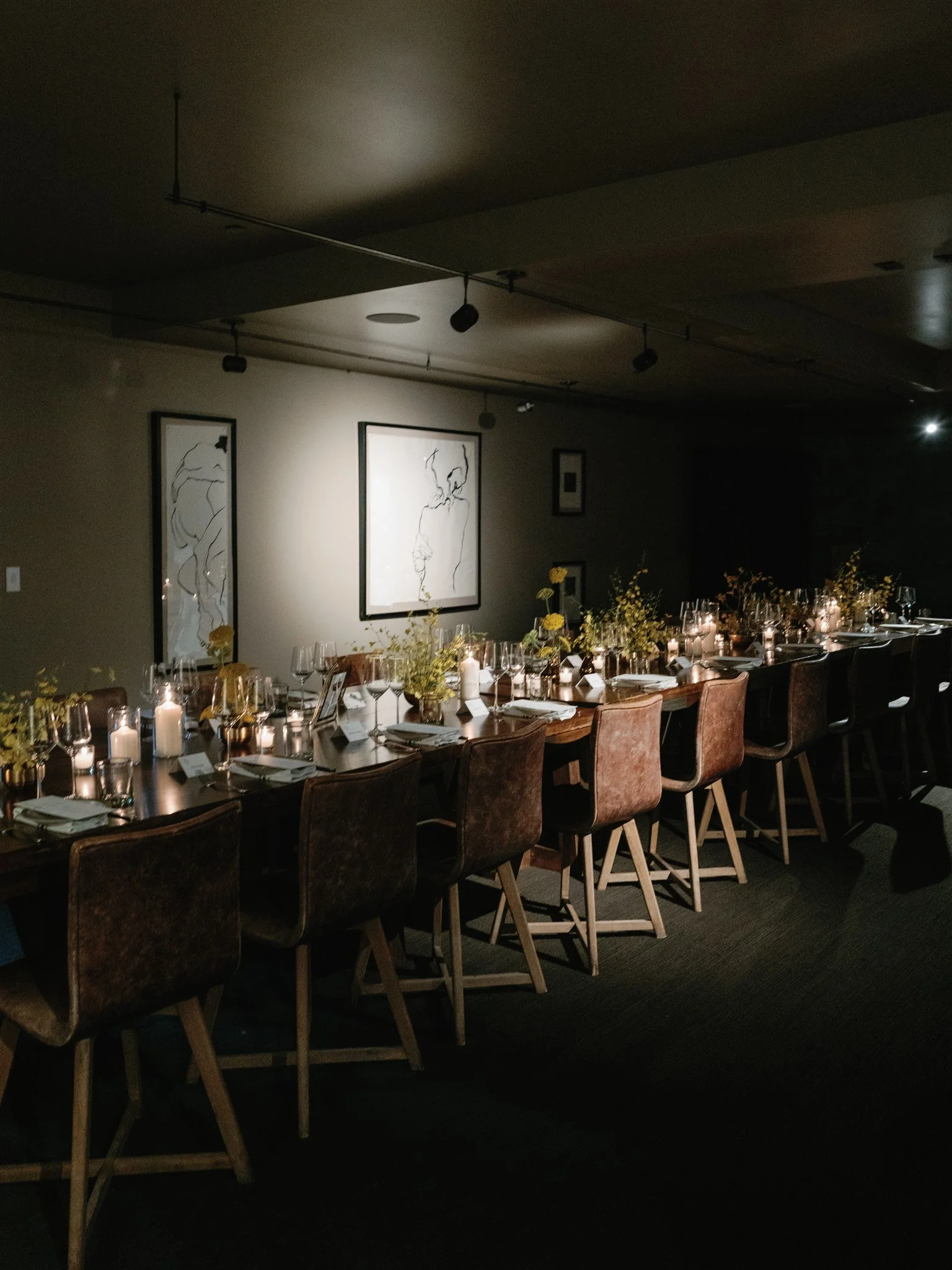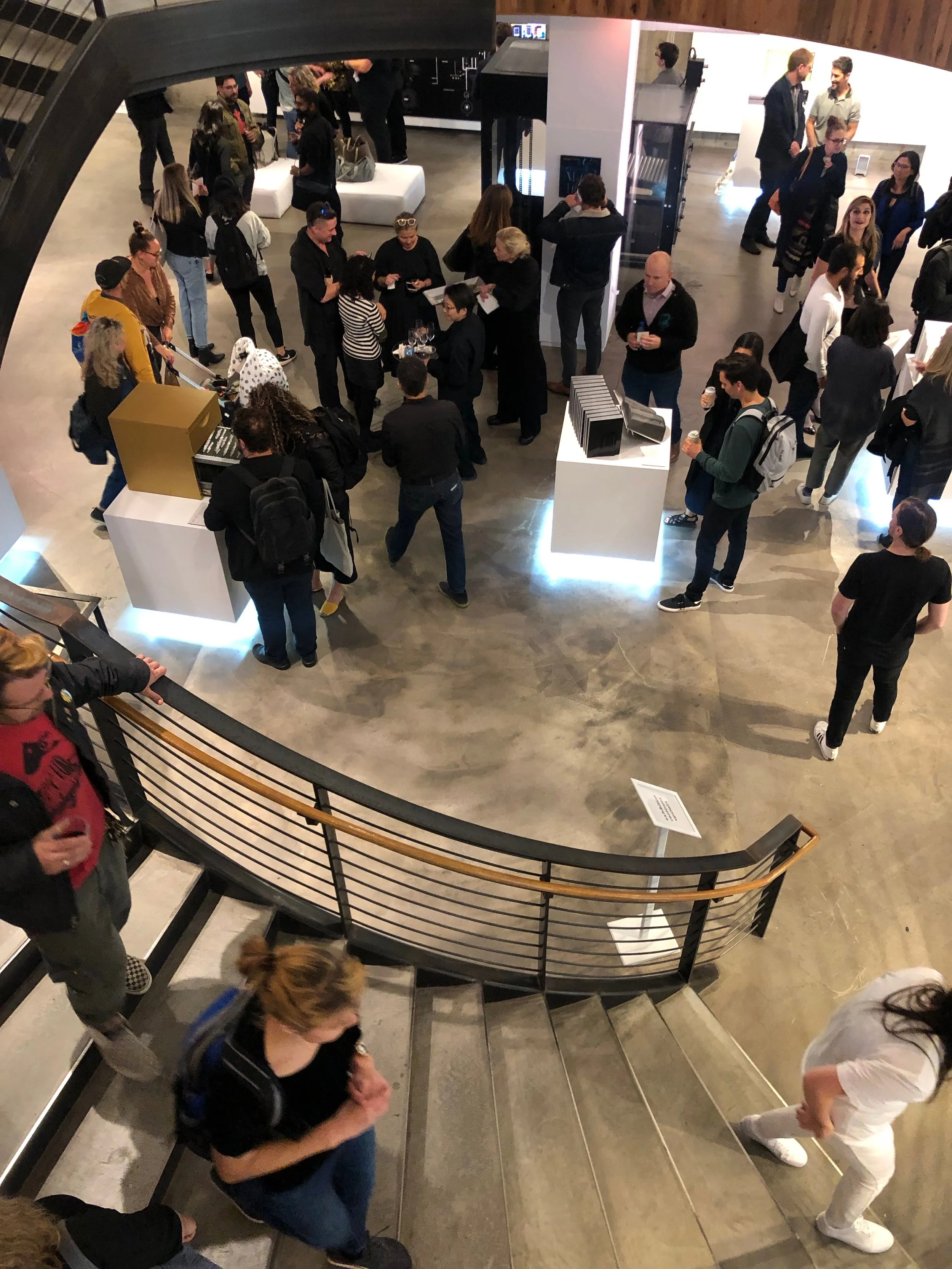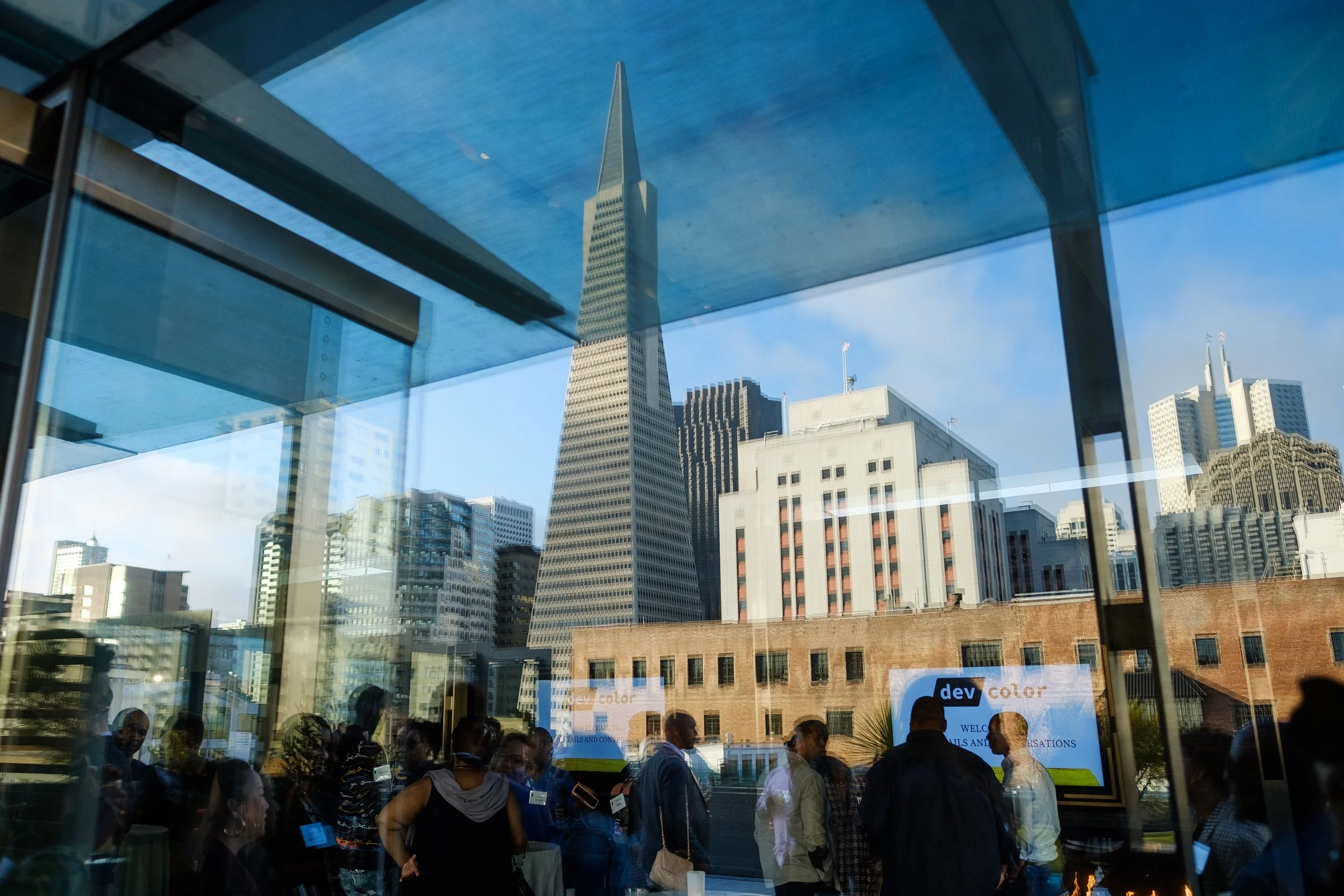Gatherings That Change People,
Not Just Entertain Them.
Where culture, design and living meet.
Based in Northern California.
Available worldwide for clients who want substance with their style.
Where culture, design and living meet. Based in Northern California. Available worldwide for clients who want substance with their style.
We create experiences across corporate, lifestyle, weddings, non-profit, and brand landscapes.
We transform spaces and ideas into lasting impressions through art, culture, and design. We don’t just plan events, we design experiences that live beyond the moment.

Most events are pretty performances. Ours tell stories that shift perspective.
Led by Lea with a handpicked team of unique experts who turn concepts into influence. We dig in, beginning with story discovery, uncover what really matters, and create gatherings that impact long after the last guest leaves. We welcome all good humans and use striking moments to turn events into stories that change people.
Meet the founder, Lea
Lea Stafford is the founder and principal of Stafford Creative + Co., a planning, production, and creative brand specializing in purposeful, story-driven gatherings. With over 20 years of practice across hospitality, design, and production, Lea leads a team committed to delivering experiences that incorporate culture, connection, and community.
Her process merges creative vision with operational precision, guided by a background in interior design and fine dining. From private experiences and destination weddings to editorials and large-scale events, her work is guided by a deep respect for people, place, and process.
Through Lea’s direction, Stafford Creative + Co. designs purposeful, engaging experiences that celebrate culture, spark connection, and reflect the stories of the people and communities they serve. Through intentional planning, ever-evolving design, and thoughtful execution, the team creates events with intention and heart.












